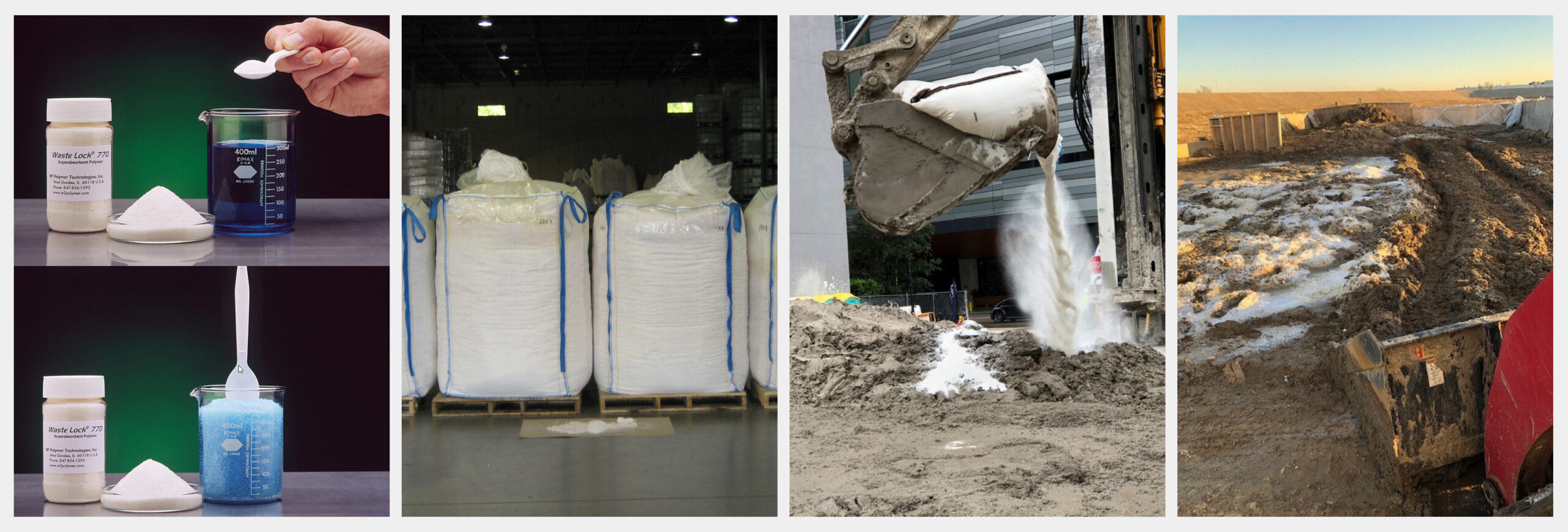Just How Fluid Waste Disposal Functions: A Detailed Overview of Techniques and Technologies Used

Summary of Fluid Waste Kind
The intricacy of liquid waste kinds necessitates an extensive understanding of their features and implications for disposal. Liquid waste can broadly be categorized into numerous kinds, including industrial, community, farming, and contaminated materials. Each group displays distinct properties, requiring certain administration approaches to alleviate environmental and wellness threats.
Industrial fluid waste originates from producing processes and usually contains a variety of contaminants, such as hefty metals, solvents, and organic substances. Local liquid waste, mostly making up wastewater from households and business establishments, contains raw material, nutrients, and virus (industrial wastewater treatment). Agricultural liquid waste, including overflow from ranches, might include plant foods, chemicals, and animal waste, presenting risks to water quality and ecological communities
Harmful liquid waste is identified by its toxicity, sensitivity, or possible to cause damage. Recognizing these varied liquid waste types is vital for developing effective disposal techniques and ensuring conformity with environmental policies.
Physical Treatment Approaches

Screening is the preliminary step, where larger particles and particles are gotten rid of from the liquid waste using displays or grates. This process safeguards downstream devices from damage and guarantees smoother operation. Following testing, sedimentation makes use of gravitational pressure to different solids from fluids. In sedimentation containers, much heavier bits work out near the bottom, forming a sludge layer, while the made clear liquid can be additional treated.
Filtering is another essential technique that involves passing the fluid with permeable products, such as sand or membranes, to capture smaller bits. This step boosts the high quality of the fluid, making it ideal for succeeding treatment procedures.

Chemical Treatment Methods
Chemical therapy methods are essential for successfully handling fluid waste, especially in resolving dissolved and colloidal impurities that physical techniques may not appropriately get rid of. These methods make use of various chemical agents to neutralize, speed up, or change dangerous compounds right into less hazardous kinds.
One common technique is coagulation and flocculation, where chemicals such as alum or ferric chloride are included in promote the aggregation of suspended fragments. This process improves sedimentation, enabling easier removal of the resulting sludge. Furthermore, oxidation processes, using representatives like chlorine or ozone, are employed to break down complicated natural substances and microorganisms, rendering the waste more secure for discharge or more treatment.
Neutralization is another critical technique, which changes the pH of acidic or alkaline waste streams to neutral degrees, protecting against potential injury to downstream systems and the environment. Additionally, progressed oxidation procedures (AOPs) use combinations of oxidants and ultraviolet light to weaken persistent toxins, accomplishing a greater level of therapy efficiency.
Biological Therapy Processes
Biological treatment procedures play an essential duty in the management of fluid waste by making use of microbes to decompose raw material and decrease pollutant levels. These processes can be broadly categorized right into anaerobic and cardio treatments, each utilizing certain microbial areas to accomplish efficient waste deterioration.
Cardio therapy includes using oxygen to help with the breakdown of organic products by germs. This process is typically implemented in activated sludge systems, where aeration storage tanks provide a helpful setting for microbial growth, bring about the oxidation of natural toxins. The resultant biomass can be separated from dealt with effluent via sedimentation.
In contrast, anaerobic treatment happens in the absence of oxygen, depending on various bacteria to damage down raw material. This technique is especially advantageous for high-strength waste, as it creates biogas, a sustainable power source, while reducing sludge manufacturing. Technologies such as anaerobic digesters are find more info often employed in local and industrial applications.
Both anaerobic and cardio organic treatments not only decrease the ecological effect of fluid waste however additionally assist in source recuperation, making them crucial elements of lasting waste management approaches. Their flexibility, effectiveness, and effectiveness support their prevalent implementation across different fields.
Arising Technologies in Disposal
Ingenious strategies to fluid waste disposal are quickly progressing, driven by advancements in innovation and a raising emphasis on sustainability. Among these emerging innovations, membrane layer bioreactors (MBRs) have actually obtained traction for their ability to integrate biological treatment with membrane layer filtering, leading to high-quality effluent that can be recycled in different applications. MBRs make it possible for smaller sized impacts and more effective procedures contrasted to typical systems.
An additional encouraging growth is the use of anaerobic digestion combined with nutrient recovery technologies, which not only deals with fluid waste yet additionally creates biogas and recoups useful nutrients like nitrogen and phosphorus. This twin advantage enhances resource efficiency and reduces visit this site environmental influence.
In addition, progressed oxidation processes (AOPs) are being embraced for the degradation of complex natural contaminants. These techniques make use of powerful oxidants and stimulants to damage down pollutants at the molecular level, offering a very reliable option for tough waste streams.
Moreover, the assimilation of expert system and artificial intelligence in waste administration systems is enhancing operational performance and anticipating maintenance, leading to lowered expenses and improved ecological compliance. These technologies mirror a considerable shift in the direction of more effective and lasting liquid garbage disposal practices.
Verdict
In conclusion, efficient fluid waste disposal requires a thorough understanding of various methods and innovations. By continually progressing these methodologies, it becomes possible to attend to the expanding obstacles associated with liquid waste, eventually contributing to ecological security and source recuperation.
Fluid waste disposal is a vital element of environmental management, needing a thorough understanding of numerous techniques and modern technologies customized to various waste types. Fluid waste can broadly be classified right into numerous kinds, consisting of commercial, metropolitan, farming, and unsafe waste. Agricultural fluid waste, consisting of drainage from ranches, might have plant foods, chemicals, and animal waste, positioning dangers to water quality and environments.
Different physical find more info treatment methods play a critical duty in managing fluid waste properly - industrial wastewater treatment.In final thought, efficient liquid waste disposal demands a thorough understanding of numerous methods and technologies